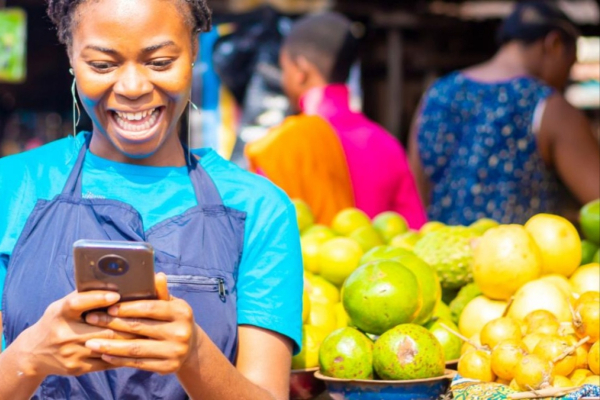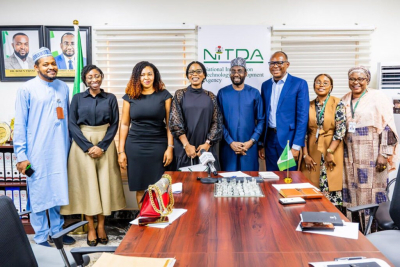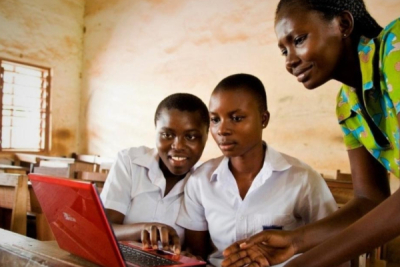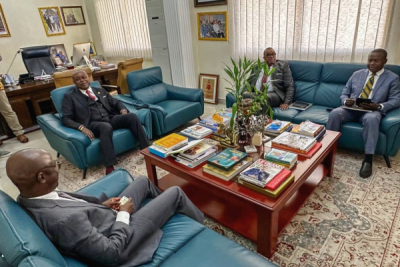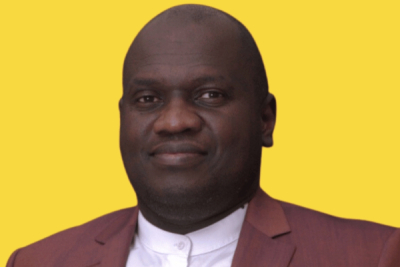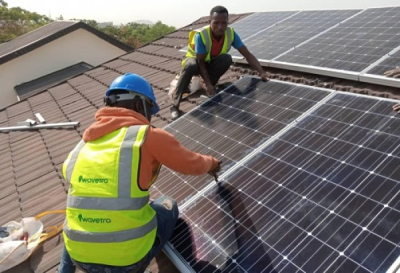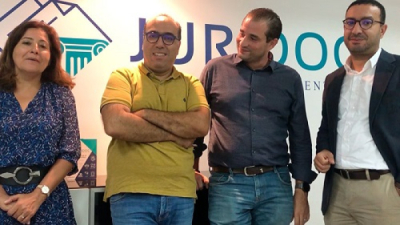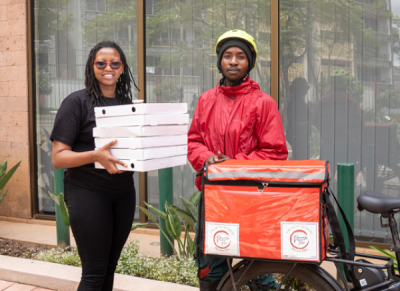Despite ongoing endeavors to expand international connectivity and the deployment of fiber optic backbones across West Africa, significant hurdles remain. The steadfast support of the World Bank is poised to further accelerate progress in this critical domain.
The World Bank has approved $266.5 million in financing for the Digital Transformation for Africa (DTfA)/West Africa Regional Digital Integration Program (WARDIP). This transformative initiative aims to revolutionize the digital landscape of Gambia, Guinea, Guinea-Bissau, and Mauritania, laying the foundation for a connected, innovative, and inclusive future.
"DTfA/ WARDIP is a crucial step toward an interconnected, innovative, and inclusive future for West Africa. Beyond shaping a digital landscape, it aims to foster regional integration through collaboration and strategic investments,” commented Boutheina Guermazi, World Bank Director for Regional Integration for Africa and the Middle East.
This timely intervention comes amidst West Africa's burgeoning efforts to digitize the region. While mobile broadband coverage has expanded, substantial gaps in digital connectivity, access, and usage persist. According to World Bank data, mobile broadband adoption rates remain below 40%, primarily due to prohibitively high retail prices.
The World Bank's support will empower ICT companies and service providers to capitalize on opportunities to foster a growth-conducive regional digital market. Public sector entities, universities, and regulatory bodies will also receive targeted support to enhance their contributions to digital development. The project will further bolster the efforts of the Smart Africa alliance, building the capacity of African decision-makers and policymakers in digital transformation.
Ultimately, the program will lower the digital divide by reducing the cost of Internet services in the region, stimulating competition among service providers, and upgrading underlying infrastructure. This transformation is expected to generate new employment opportunities, expand access to services for 1.3 million inhabitants, and reduce gender inequalities in digital skills, entrepreneurship, and financial services. The goal is to ensure that women have equal opportunities to benefit from the digital economy, with a target of reaching 50% of women and people with disabilities.
Samira Njoya


